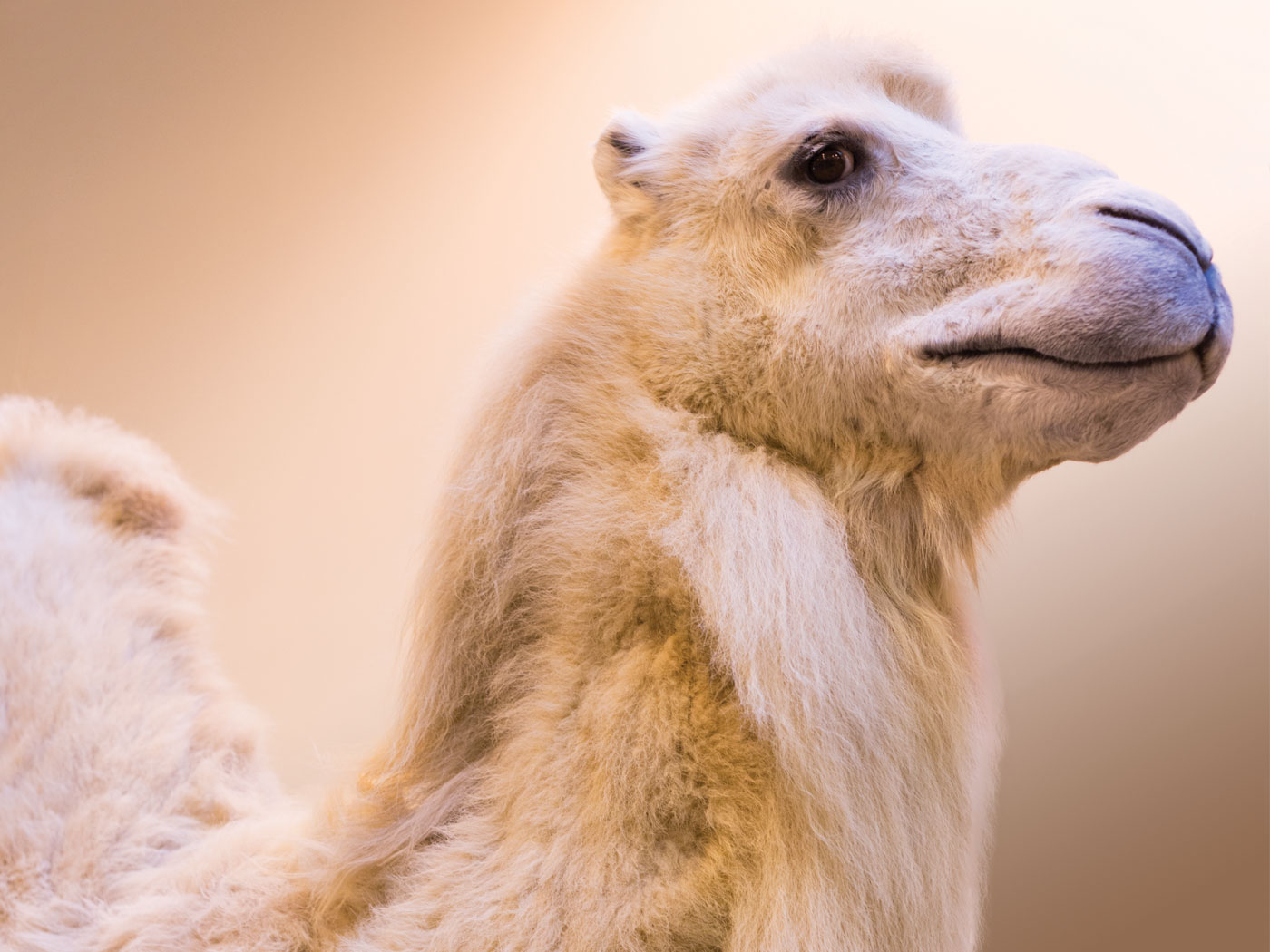Search Tools
New Defender's Study Bible Notes
30:3 go in unto her. In accordance with the customs of the time, which allowed both polygamy and concubinage, Laban had provided maids for his daughters as insurance that they would not be childless. Any children borne by their personal maids would legally be recognized as theirs. Even though this kind of arrangement was legal, it was not in accord with God’s original plan for the marriage relation. The Bible tells of many polygamous marriages that God allowed, but of none which were happy marriages.
30:14 mandrakes. A mandrake is a small berry-like fruit, prized in ancient times as an aphrodisiac and inducer of fertility. Rachel did eventually have two sons, but it was not because of the mandrakes.
30:27 by experience. The words “by experience” should be translated “by enchantments.” Though he knew God after a fashion, Laban had become a sort of pagan mystic. God had overruled even in this, however, and Laban learned that the unusual prosperity he was experiencing was because of Jacob’s abilities and faithfulness.
30:28 I will give it. Laban gave Jacob carte blanche to set up his own terms. Thus, Jacob by no means took advantage of Laban, as many teach. Rather, the terms proposed by Jacob were heavily weighted in Laban’s favor.
30:32 speckled and spotted cattle. Laban had received fourteen years of free labor from Jacob, and had prospered greatly as a result. Therefore he, in effect, told Jacob he would pay whatever Jacob wanted, if Jacob would continue. Jacob responded with a proposal which Laban quickly accepted, recognizing it as highly beneficial to himself. Jacob’s wages would be the spotted and off-color animals which the flocks might produce in the future–first, however, removing all such animals in the existing flocks so they could not be used in breeding. Thus, Jacob would get only the off-colored and speckled animals which might be born to a flock containing only solid-colored, dominant-colored animals. These terms, apart from God’s intervention, would have enormously favored Laban. Jacob did know, from long experience as a shepherd and stock breeder that some “heterozygous” animals would be in the flock even though all appeared to be “homozygous,” so that at least a few animals would be born spotted and speckled, even from Laban’s solid-colored animals. He trusted the Lord to determine how many.
30:38 rods which he had pilled. These striped rods were not for the purpose of inducing some “pre-natal influence” on the animals, as critics have scoffed. With his seventy years or more of practical experience with large flocks, Jacob knew better than that. Either the chemicals from the wood or the sight of the streaked rods must have served as an aphrodisiac for the animals, inducing them to mate as they came to the troughs. Jacob only used the rods with the stronger animals, so that the progeny would also be strong. Under usual conditions, this stratagem should have greatly benefited Laban’s flocks.






